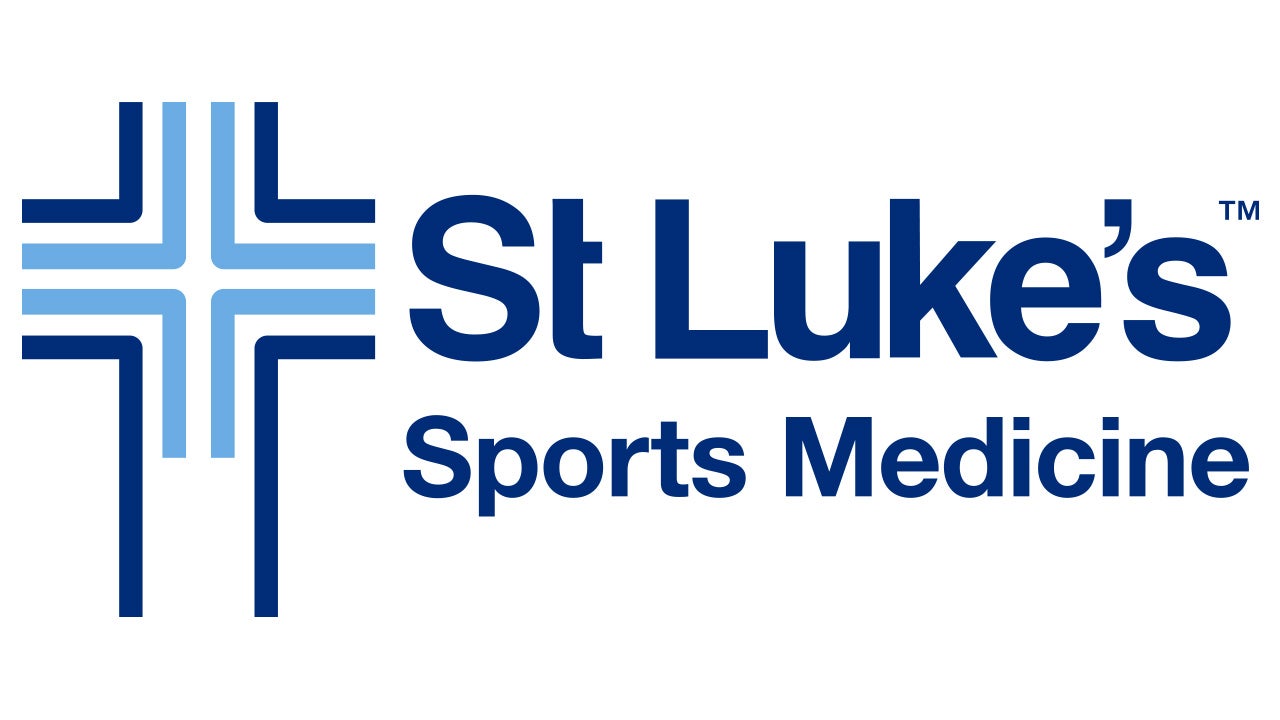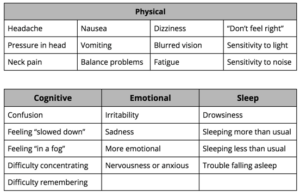Athletic Training Services
Campus Recreation partners with St. Luke’s Sports Medicine to offer drop-in athletic training services for all members of the BSU community. During scheduled clinic hours, patrons are welcome to meet with an athletic trainer to have an injury evaluated and treated.
Services include acute care and evaluation of athletic injuries, consultations and education, rehabilitation, taping/wrapping, manual therapy, and medical referrals.
Concussion Safety and Management
What is a concussion?
Concussions are caused by a blow or motion to the head causing the brain to move rapidly inside the skull. Failing to properly evaluate and manage a head injury significantly increases the risk of catastrophic injuries or death. These brain injuries can range from mild to severe and can disrupt the way the brain normally functions. Concussions can occur in any organized or unorganized sport or recreational activity and can result from a fall or collisions with players, the ground, or obstacles. They can occur with or without loss of consciousness. Moreover, continuing to play with a concussion or symptoms of a head injury increases vulnerability to greater injury and death.
The concussion guidelines and policy followed by Athletic Trainers are in accordance with the guidelines as outlined by the National Athletic Trainers’ Association (NATA), the Legislature of the State of Idaho (HO 632), the Center for Disease Control and Prevention (CDC), and St. Luke’s Concussion Clinic.
Concussion Baseline Testing
All athletes playing a high-impact sport are required to complete a baseline test prior to participation in the sport. For example, this includes boxing, hockey, lacrosse, rugby, and soccer for both men and women. Baseline testing is optional for athletes in all other sports.

Concussion Evaluation
Athletes must be removed from play and evaluated by an athletic trainer if suspected of having suffered a head injury. The trainer will then determine a diagnosis and decide whether it is appropriate for the athlete to return to play.
If evaluated by an outside healthcare professional, you must bring a signed letter from them to the Club Sports Office. This letter serves as proof that you have been cleared to return to play. Additionally the club coaching staff will be notified of the athlete’s condition and ability to return to play.
If there is no athletic trainer or physician present at the time of injury, the athlete should be removed from play until they can be evaluated. Here is a table of common signs and symptoms coaches and athletes should be aware of:

Concussion Management and Compliance Policy for Club Sports
Concussion Management
Please refer to the Club Sports Concussion Management Plan for detailed information on the protocol for removing an athlete and returning an athlete to play following a concussion diagnosis. If at any time symptoms return, the athlete needs to stop all activity immediately and report to the athletic trainer(s).
Concussion Compliance
The club sports athlete, team, and coaching staff must follow the concussion policy as set forth by BSU Campus Recreation. This policy is based on standards outlined by the National Athletic Trainers’ Association, the Legislature of the State of Idaho (HO 632), and the Centers for Disease Control and Prevention. There will be consequences if a club sport athlete doesn’t follow the stated concussion and head injury guidelines and policy. He or she will be put on probation and not allowed to participate in their sport until compliance is met. In addition, the athlete and coaching staff will have to wait to be notified about reinstatement from the Coordinator of RecSports.